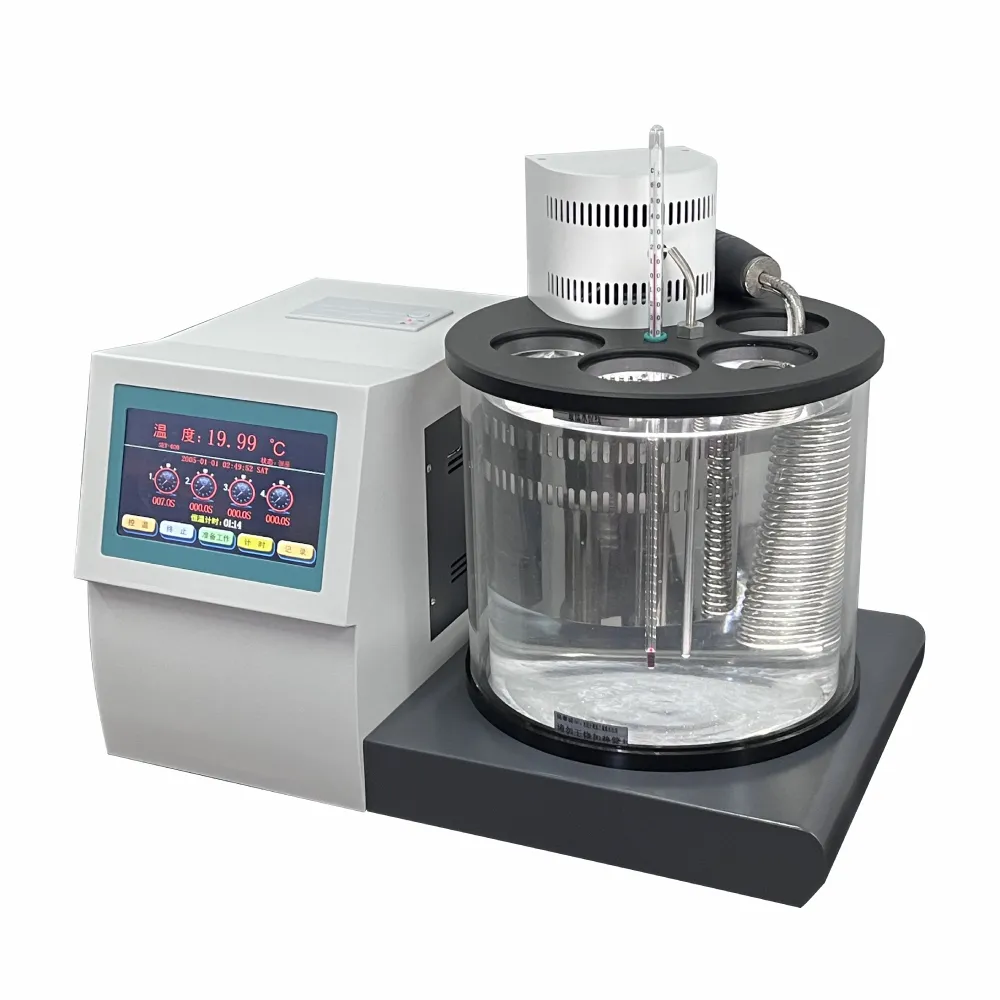 English
English



-
 Afrikaans
Afrikaans -
 Albanian
Albanian -
 Amharic
Amharic -
 Arabic
Arabic -
 Armenian
Armenian -
 Azerbaijani
Azerbaijani -
 Basque
Basque -
 Belarusian
Belarusian -
 Bengali
Bengali -
 Bosnian
Bosnian -
 Bulgarian
Bulgarian -
 Catalan
Catalan -
 Cebuano
Cebuano -
 China
China -
 China (Taiwan)
China (Taiwan) -
 Corsican
Corsican -
 Croatian
Croatian -
 Czech
Czech -
 Danish
Danish -
 Dutch
Dutch -
 English
English -
 Esperanto
Esperanto -
 Estonian
Estonian -
 Finnish
Finnish -
 French
French -
 Frisian
Frisian -
 Galician
Galician -
 Georgian
Georgian -
 German
German -
 Greek
Greek -
 Gujarati
Gujarati -
 Haitian Creole
Haitian Creole -
 hausa
hausa -
 hawaiian
hawaiian -
 Hebrew
Hebrew -
 Hindi
Hindi -
 Miao
Miao -
 Hungarian
Hungarian -
 Icelandic
Icelandic -
 igbo
igbo -
 Indonesian
Indonesian -
 irish
irish -
 Italian
Italian -
 Japanese
Japanese -
 Javanese
Javanese -
 Kannada
Kannada -
 kazakh
kazakh -
 Khmer
Khmer -
 Rwandese
Rwandese -
 Korean
Korean -
 Kurdish
Kurdish -
 Kyrgyz
Kyrgyz -
 Lao
Lao -
 Latin
Latin -
 Latvian
Latvian -
 Lithuanian
Lithuanian -
 Luxembourgish
Luxembourgish -
 Macedonian
Macedonian -
 Malgashi
Malgashi -
 Malay
Malay -
 Malayalam
Malayalam -
 Maltese
Maltese -
 Maori
Maori -
 Marathi
Marathi -
 Mongolian
Mongolian -
 Myanmar
Myanmar -
 Nepali
Nepali -
 Norwegian
Norwegian -
 Norwegian
Norwegian -
 Occitan
Occitan -
 Pashto
Pashto -
 Persian
Persian -
 Polish
Polish -
 Portuguese
Portuguese -
 Punjabi
Punjabi -
 Romanian
Romanian -
 Russian
Russian -
 Samoan
Samoan -
 Scottish Gaelic
Scottish Gaelic -
 Serbian
Serbian -
 Sesotho
Sesotho -
 Shona
Shona -
 Sindhi
Sindhi -
 Sinhala
Sinhala -
 Slovak
Slovak -
 Slovenian
Slovenian -
 Somali
Somali -
 Spanish
Spanish -
 Sundanese
Sundanese -
 Swahili
Swahili -
 Swedish
Swedish -
 Tagalog
Tagalog -
 Tajik
Tajik -
 Tamil
Tamil -
 Tatar
Tatar -
 Telugu
Telugu -
 Thai
Thai -
 Turkish
Turkish -
 Turkmen
Turkmen -
 Ukrainian
Ukrainian -
 Urdu
Urdu -
 Uighur
Uighur -
 Uzbek
Uzbek -
 Vietnamese
Vietnamese -
 Welsh
Welsh -
 Bantu
Bantu -
 Yiddish
Yiddish -
 Yoruba
Yoruba -
 Zulu
Zulu
contact resistance tester price
Understanding Contact Resistance Tester Prices What to Consider
In the realm of electrical testing, a contact resistance tester is an indispensable tool used to measure the resistance in electrical connections. Commonly used in substations, switchgear, and various electrical installations, these testers ensure that connections are secure and efficient, minimizing the risk of overheating or failure due to poor conductivity. However, as with any specialized equipment, the prices of contact resistance testers can vary significantly. This article delves into the factors affecting the price of these testers, helping users to make informed purchasing decisions.
The Basics of Contact Resistance Testing
Before exploring pricing, it's essential to understand what contact resistance testing entails. This process involves measuring the resistance of electrical connections, connectors, and circuit breaker contacts, usually in milliohms (mΩ). High contact resistance can lead to energy loss, overheating, and even equipment failure. A reliable contact resistance tester provides accurate readings, ensuring that electrical systems operate at optimal efficiency.
Factors Influencing Price
1. Measurement Range and Accuracy The range and accuracy of a contact resistance tester are primary determinants of its price. High-end models can measure from micro-ohms to higher ranges with exceptional accuracy. Basic models may lack this sophistication, leading to lower costs. When considering a purchase, weigh the required measurement range against the expected accuracy for your specific applications.
2. Technology and Features Advanced testers may come equipped with digital displays, memory storage, Bluetooth connectivity, and software for data analysis. These added features enhance usability and provide more in-depth insights into testing. However, they also increase the overall cost. Determine which features are essential for your work to avoid overspending on unnecessary technology.
contact resistance tester price

3. Brand Reputation Established brands often command higher prices due to their reputation for quality and reliability. While it may be tempting to opt for cheaper models, investing in a reputable brand can save money in the long run through improved accuracy, durability, and after-sale support.
4. Type of Tester There are generally two types of contact resistance testers analog and digital. Digital testers often come at a higher price point due to their enhanced features and ease of use. Analog testers, while more affordable, may require more manual interpretation and may not provide the same level of detailed information.
5. Certification and Compliance Many industries require specific certifications for testing equipment. Testers that meet these standards or are designed for specific international compliance may be priced higher. Ensure that the tester you choose meets the necessary requirements for your industry.
Price Variations
The price of contact resistance testers can range dramatically based on the factors outlined above. Entry-level models may start around $100 to $300, suitable for basic testing needs. Mid-range testers typically range from $500 to $1,500, offering a balance between advanced features and affordability. High-end testers, equipped with the latest technology and designed for professional applications, can exceed $2,000 or more.
Conclusion
When considering the purchase of a contact resistance tester, it’s essential to evaluate the critical factors that influence pricing. Assess your specific needs in terms of measurement accuracy, technological features, and brand reliability. By doing so, you can make an informed decision that balances cost with functionality, ensuring that your investment in a contact resistance tester enhances the efficiency and safety of your electrical systems. Ultimately, a well-chosen tester pays for itself through improved performance and reduced risk of failures, making it a vital component in maintaining electrical integrity.
-
Transformer Test Essentials: Insulating Oil Tester and TypesNewsMay.30,2025
-
Grease Testers and Oil Determination OverviewNewsMay.30,2025
-
Exploring Electricity Usage Testers and GeneratorsNewsMay.30,2025
-
Essential Guide to Transformer Oil Testing ToolsNewsMay.30,2025
-
Ensuring Safety with a Circuit Breaker FinderNewsMay.30,2025
-
Electrical Safety Tools Hipot, Dielectric, VLF TestersNewsMay.30,2025



